Giuseppe Avagliano
May 08, 2023 • 7 min read
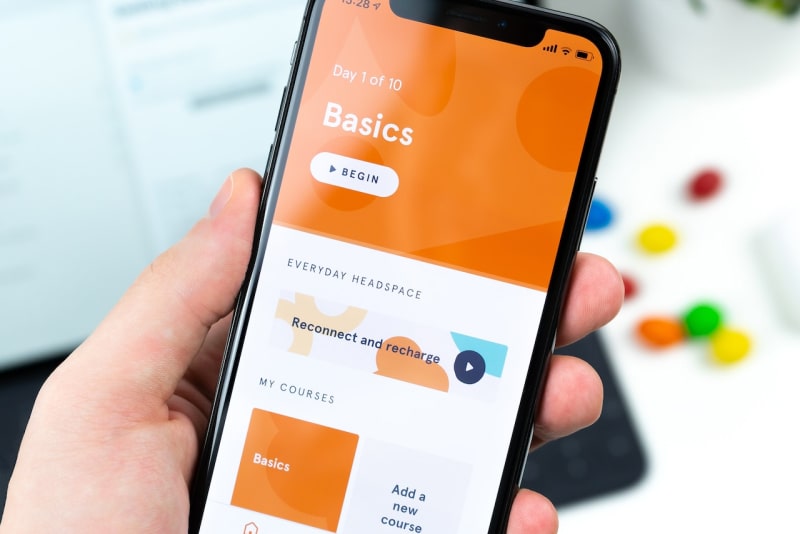
Mobile devices have become an integral part of our daily lives, and the demand for mobile applications has skyrocketed in recent years. With millions of apps available on app stores, it is crucial for businesses to stand out with their own custom mobile app.
A custom mobile app tailored to the specific needs of a business can be a game-changer, offering unique functionalities, better user experience, and increased brand awareness. In this article, we will explore the importance of custom mobile app design and development and provide insights into the best practices for creating a successful mobile app.
In the first section of this article, we will define custom mobile app design and development and highlight its importance for businesses. We will discuss how custom mobile apps offer a competitive advantage, improve customer engagement and satisfaction, and provide an additional revenue stream. We will also provide an overview of the article's content, including the best practices for custom mobile app design and development, the stages of the app development process, and the latest trends and technologies in mobile app development.
Custom mobile app design and development refer to the process of creating a mobile application that is tailored to meet the specific needs of a business or organization.
Unlike off-the-shelf apps, custom apps are designed and developed from scratch, with features and functionalities that are unique to the business requirements.
Off-the-shelf apps may be more affordable and easier to obtain, but they often have limitations when it comes to customization and flexibility. Custom mobile apps, on the other hand, offer businesses more control and flexibility over the features, functionality, and user experience.
Custom mobile app design and development can provide numerous benefits to businesses. By creating a unique mobile app that is tailored to meet specific business needs, companies can improve their efficiency, productivity, and customer engagement. Custom apps can also help businesses to stand out from their competitors by offering unique features and functionalities that are not available in off-the-shelf apps.
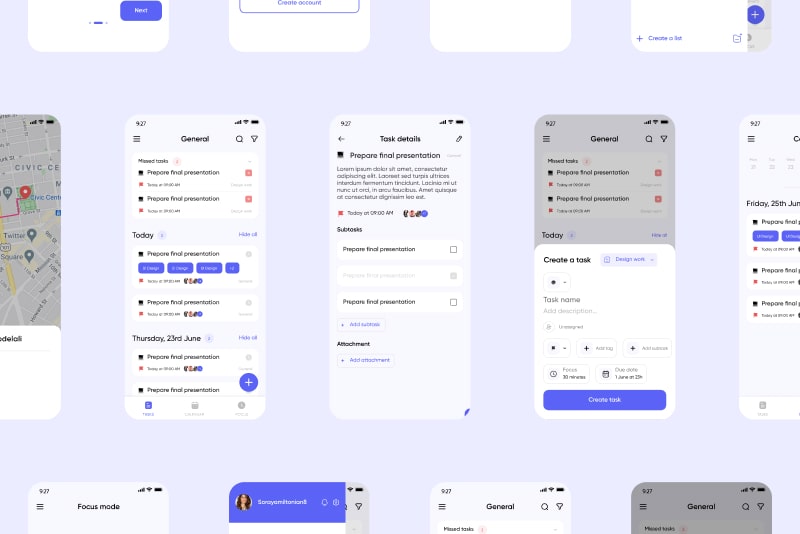
Mobile app design process can be divided into three main stages: ideation, prototyping, and testing.
Best practices for mobile app design include creating a user-centered design that focuses on the user's needs and requirements. The interface should be simple, intuitive, and easy to use. It's important to create a consistent design language and use colors, typography, and graphics that align with the brand identity. Accessibility should also be considered, such as font size, color contrast, and assistive technology support.
Tools and platforms for mobile app design include Adobe XD, Sketch, and Figma. These tools help designers create wireframes, prototypes, and designs that can be easily shared with the development team. They also offer features such as collaboration, version control, and design system management.
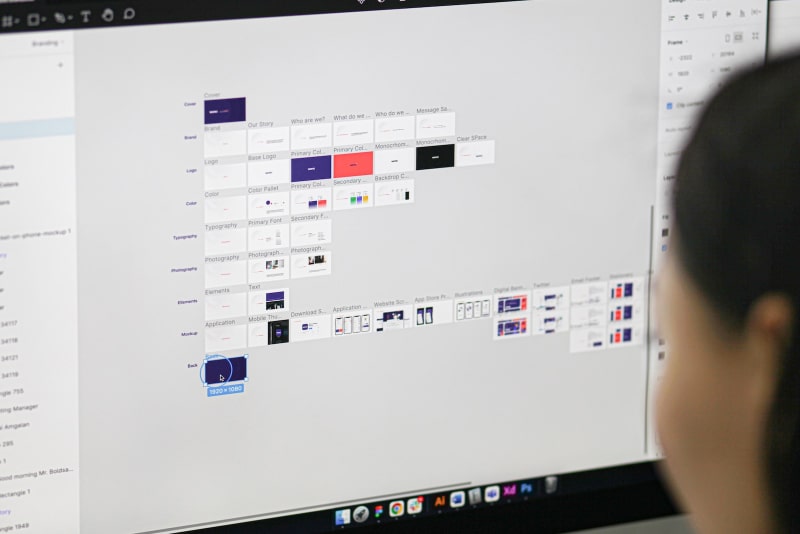
Mobile app development involves a series of steps that start with the design process and end with the final deployment of the app. The development process includes coding, testing, and deployment of the app. An important aspect of mobile app development is to ensure that the app is optimized for performance and usability across different platforms and devices.
Agile development is a popular methodology used for mobile app development. It emphasizes collaboration between developers and stakeholders, continuous delivery, and constant feedback. This allows for more flexibility and adaptability throughout the development process. Cloud integration is also an important consideration in mobile app development, as it allows for scalability and access to resources on demand.
Quality assurance testing is another critical aspect of mobile app development. It involves a series of tests to ensure that the app is functioning as intended, is free of bugs and errors, and is user-friendly. This testing should be done at every stage of the development process to ensure that issues are caught and addressed early on. There are various testing tools and platforms available to aid in this process, such as Appium, TestComplete, and Firebase Test Lab.

User experience (UX) plays a crucial role in custom mobile app design and development. A well-designed UX not only ensures that the app is easy to use and visually appealing but also makes it more likely that users will continue using the app over time. In fact, research has shown that a poor UX is one of the most common reasons why users uninstall apps or stop using them altogether.
To create an effective UX, custom mobile app designers and developers need to consider the needs and preferences of their target users. This involves conducting user research to gain a better understanding of how users are likely to interact with the app and what features and functionalities are most important to them. From there, designers can create wireframes and prototypes to test different design concepts and ensure that the app is easy to navigate and use.
Usability testing is also an essential part of the UX design process. This involves testing the app with real users to identify any issues or areas for improvement. By gathering feedback from users, designers can make informed decisions about how to optimize the app's design and functionality, ultimately improving the overall user experience.
Successful custom mobile apps with exceptional UX design include Uber, Airbnb, and Waze, which prioritize ease of use and clear navigation to provide an optimal user experience.
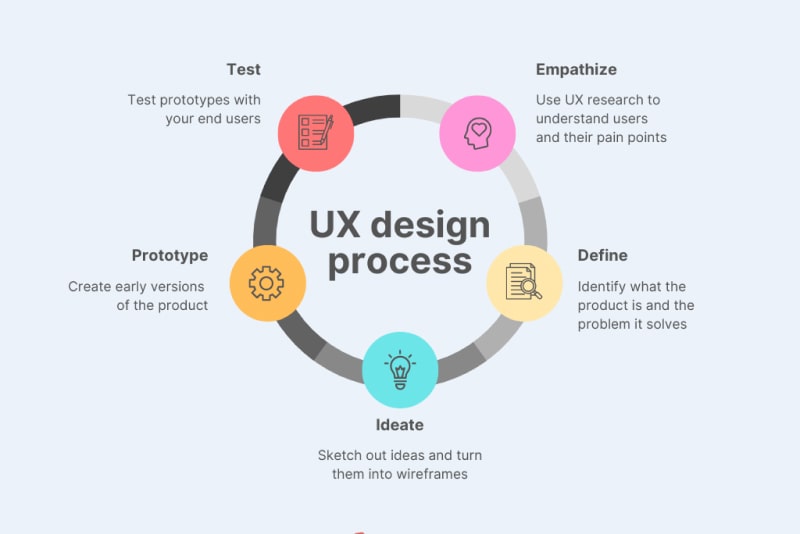
Custom mobile app design and development has become essential for businesses to stay competitive and relevant in today's digital landscape. There are several benefits of custom mobile app design and development that businesses can leverage to improve their overall performance and customer experience.
Firstly, custom mobile apps can significantly enhance customer engagement and loyalty. With a custom app, businesses can provide a personalized and tailored experience to their customers that matches their unique needs and preferences. By offering a user-friendly interface and seamless navigation, customers can easily access the features and services they need, leading to increased engagement and loyalty.
Secondly, custom mobile apps can improve business processes and productivity. By developing a mobile app that integrates with existing business systems and databases, businesses can streamline their workflows and automate manual tasks. This leads to improved efficiency, reduced costs, and increased productivity.

Thirdly, custom mobile app development can open up new revenue streams and business opportunities for businesses. By offering unique and innovative features that are not available in off-the-shelf apps, businesses can attract new customers and generate additional revenue. Custom mobile apps can also provide businesses with valuable insights into customer behavior and preferences, allowing them to identify new business opportunities and optimize their strategies.
Lastly, custom mobile app development provides businesses with a competitive advantage in the marketplace. By offering a custom app that is tailored to their specific needs and preferences, businesses can differentiate themselves from competitors and establish themselves as industry leaders. Additionally, custom mobile apps can enhance brand recognition and awareness, leading to increased customer trust and loyalty.
Custom mobile app design and development can provide businesses with a competitive edge, but it also comes with some challenges and limitations. One of the primary concerns is the cost and time constraints associated with the development process.
Custom apps require a significant investment of time, money, and resources, which can be a deterrent for smaller businesses or startups. However, the long-term benefits of custom mobile app development may outweigh the initial investment.
Another challenge is ensuring that the app is compatible with different mobile devices and platforms. It's essential to consider factors like screen size, operating system, and user interface design to ensure the app works seamlessly across all devices. This can be a daunting task, but working with an experienced app development team can help ensure that your custom app works well across all platforms.
Maintenance and updates are also a significant concern for custom mobile app development. Once an app is launched, it needs to be updated and maintained to ensure it continues to function correctly and remains relevant to users. This requires a dedicated team of developers and designers to continually improve and optimize the app, which can be a costly and time-consuming process.
Finally, security and data privacy concerns are essential considerations for custom mobile app development. Businesses need to ensure that their app is secure and complies with relevant data privacy regulations to protect user data from breaches or theft. This requires careful planning and development of security features, as well as ongoing monitoring and updates to ensure the app remains secure over time.
Custom mobile app design and development is an ever-evolving field, and emerging trends and innovations are continually changing the way businesses approach their mobile app development.
Some of the most exciting developments in recent years include the integration of artificial intelligence (AI) and machine learning algorithms into mobile app functionality. These technologies enable custom mobile apps to provide more personalized user experiences and can be used to automate various business processes, such as customer service and data analysis.
Another promising trend is the integration of blockchain technology into mobile app development, which can help enhance data security and privacy. Additionally, the rise of virtual and augmented reality has opened up new possibilities for mobile app development, such as interactive product demonstrations and immersive gaming experiences.
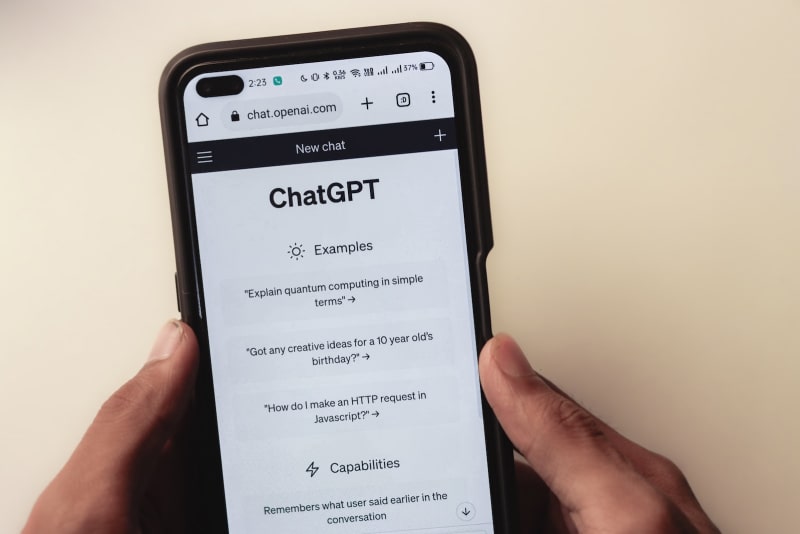
Custom mobile app design and development can offer significant benefits to businesses, including increased customer engagement and loyalty, improved business processes and productivity, new revenue streams, and competitive advantage in the marketplace.
While there are challenges and limitations to consider, businesses that invest in custom mobile apps can gain a valuable edge in the digital age.
As the digital landscape continues to evolve, emerging trends and innovations such as AI and machine learning, blockchain, and virtual and augmented reality are reshaping the possibilities for custom mobile app design and development.
To stay ahead of the competition, businesses should remain vigilant and open to exploring these new technologies.
In conclusion, custom mobile app design and development is a critical investment for businesses that want to stay competitive in today's digital age.
By following best practices, utilizing the latest tools and platforms, and staying abreast of emerging trends and innovations, businesses can create custom mobile apps that engage customers, streamline processes, and unlock new revenue streams.
Giuseppe Avagliano
Giuseppe is a Marketing expert with 10 years of experience in international media companies and e-commerce. He is passionate about everything that concerns technology, ranging between advertising, smartphones, computers, Cryptos, and NFTs. For sure, there is more coffee than water in his veins but still thinks that calm is the virtue of the strong.